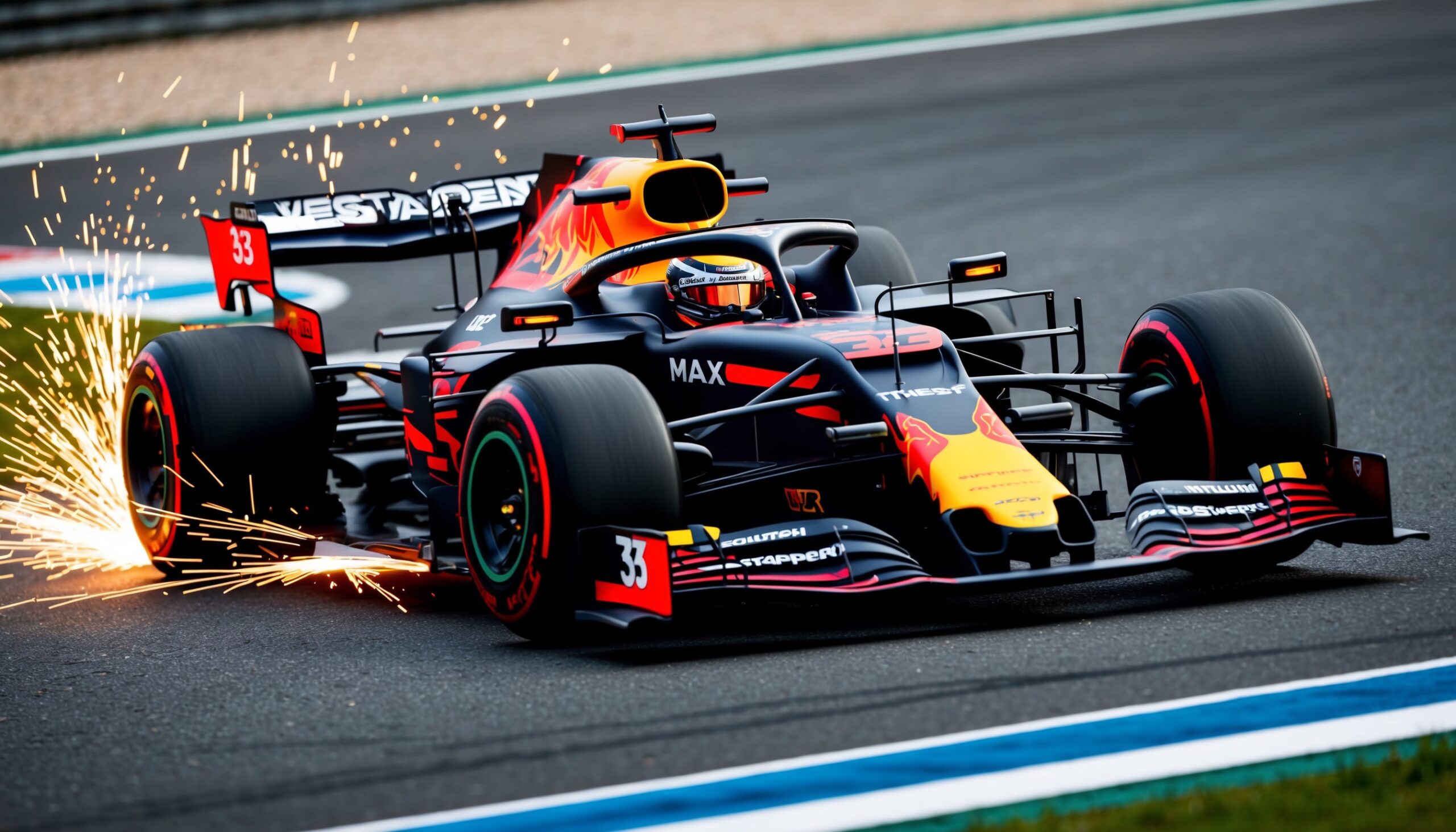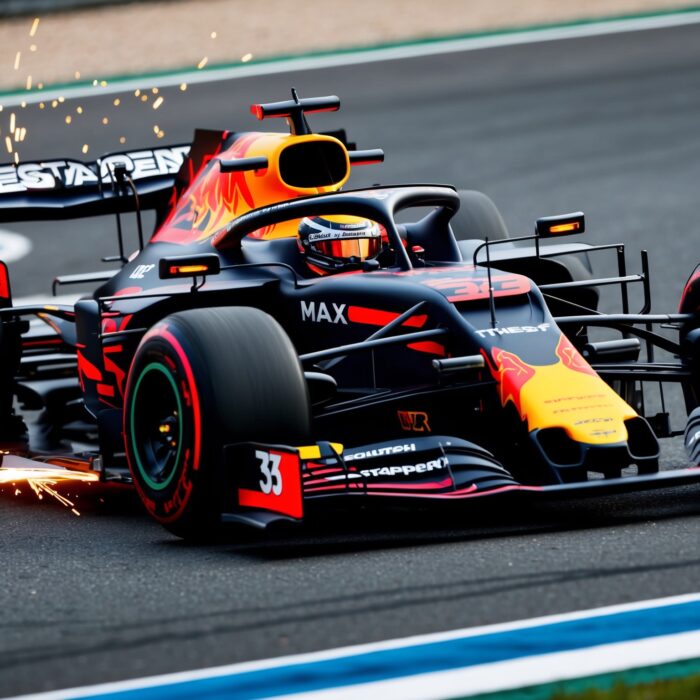Chip Crisis: Volkswagen May Run Out of Semiconductors Next Week – Report
Car enthusiasts, buckle up because we’re diving into the turbulent waters of the automotive industry’s ongoing chip crisis, specifically focusing on Volkswagen. If you’ve been following the news, you know that the semiconductor shortage has wreaked havoc on car production lines worldwide. But now, a new report suggests that Volkswagen might be on the verge of running out of the very components that keep their vehicles rolling. Let’s unpack this situation and what it means for both the company and consumers.
The Semiconductor Shortage Explained
Before we get into the specifics of Volkswagen’s situation, let’s take a moment to understand what’s causing this crisis. Semiconductors are the brains of modern vehicles, powering everything from advanced driver assistance systems (ADAS) to infotainment systems. As cars become increasingly digital and connected, the demand for these chips has skyrocketed. Unfortunately, the pandemic significantly disrupted the production and supply chains of semiconductor manufacturers, leading to a perfect storm for automakers.
Volkswagen’s Current Situation
According to the latest reports, Volkswagen is staring down the barrel of a potential semiconductor shortage that could leave production lines stalled as early as next week. This is particularly alarming considering that Volkswagen is one of the largest car manufacturers in the world, with a portfolio that includes well-known brands like Audi, Porsche, and Skoda.
As of now, Volkswagen has been working diligently to secure enough chips to keep its operations running. However, the company has faced numerous hurdles, including fluctuating demand, rising prices, and logistical challenges in sourcing materials. The stakes are high, and the clock is ticking.
Also Read: Volkswagen Tiguan recalled
What Does This Mean for Production?
If Volkswagen does run out of semiconductors next week, the repercussions could be severe. Here are a few potential outcomes:
- Production Stalls: The most immediate effect would likely be a halt in production. This could mean that popular models like the Golf, Tiguan, and ID.4 may not be available for consumers when they expect them.
- Delayed Deliveries: Even if production continues at a limited pace, customers could face significant delays in receiving their new vehicles. What was once a few weeks of waiting could extend to months.
- Increased Prices: With demand outpacing supply, prices for new cars could rise. This is particularly concerning for buyers looking for affordable options, as used car prices have already seen substantial increases.
Impact on Consumers
For car enthusiasts and everyday consumers alike, the implications of Volkswagen’s semiconductor shortage are significant. Let’s break down how this crisis could affect you:
- Limited Choices: If Volkswagen faces production issues, the variety of cars available in the market may dwindle. This could limit consumer choice, especially for those hoping to get behind the wheel of the latest models.
- Potential for Used Car Market Boom: As new cars become less available, more people may turn to the used car market, leading to increased competition and higher prices for second-hand vehicles.
- Longer Wait Times: If you’ve ordered a Volkswagen model recently, you might be in for a longer wait than anticipated. It’s worth checking in with your dealer for updates on your specific order.
![]()
Volkswagen’s Response
In light of these challenges, Volkswagen has been proactive. The company has been exploring various strategies to mitigate the impact of the semiconductor shortage. Here are a few key initiatives:
- Building Relationships: Volkswagen has been working closely with semiconductor suppliers to secure long-term contracts and ensure a steady supply of chips.
- Adjusting Production Plans: The automaker is also adjusting its production schedules to prioritize models that are most in demand, potentially sidelining less popular models.
- Investing in Technology: Volkswagen is investing in new technologies to reduce its reliance on specific chips, potentially diversifying its supply chain in the process.
Broader Industry Implications
The semiconductor crisis is not just a Volkswagen issue; it’s a challenge that’s affecting the entire automotive industry. Other manufacturers, including Ford, GM, and Toyota, have also faced production delays and shortages due to the lack of chips. This scenario underscores a broader problem within the automotive supply chain.
As we move forward, it’s likely that the industry will take a hard look at how it sources components and the fragility of its supply chains. The goal will be to build a more resilient system that can withstand future shocks—be they pandemics, natural disasters, or geopolitical tensions.
The Future of Volkswagen and the Chip Crisis
So, what does the future hold for Volkswagen amid this ongoing chip crisis? It’s hard to predict with certainty, but several factors will play a significant role:
Also Read: Beyond the Chip Shortage: How Automakers are Securing the Future of Software-Defined Vehicles (SDVs)
- Supplier Relationships: The strength of Volkswagen’s relationships with semiconductor manufacturers will be crucial. A solid partnership can help ensure a more stable supply of chips moving forward.
- Market Demand: As consumer demand continues to fluctuate, Volkswagen will need to remain agile, adjusting its strategies to align with market conditions.
- Technological Innovations: The company’s investment in new technologies could pay off in the long run, allowing it to navigate supply chain disruptions more effectively.
How Can Car Enthusiasts Stay Informed?
For car enthusiasts eager to keep tabs on the situation, staying informed is key. Here are some tips on how to stay updated:
- Follow Automotive News: Websites like Torque Feed provide up-to-date news and analysis on the automotive industry, including the latest developments regarding the chip crisis.
- Join Online Forums: Engaging with fellow enthusiasts in online communities can provide insights and discussions about the latest trends and challenges facing the industry.
- Watch for Manufacturer Announcements: Keeping an eye on official announcements from Volkswagen and other manufacturers can offer clarity on production schedules and vehicle availability.
Final Thoughts
The chip crisis facing Volkswagen is a reminder of how interconnected our world has become and how quickly things can change. As we watch this situation unfold, it’s essential to keep a balanced perspective. While the crisis is undoubtedly challenging for manufacturers and consumers alike, it also presents an opportunity for innovation and growth within the automotive sector.
As we look to the future, let’s hope that Volkswagen and other automakers can navigate these turbulent waters effectively, ensuring that car enthusiasts continue to enjoy the thrill of driving and the excitement of new automotive technologies. Remember, the road ahead may be bumpy, but with resilience and adaptability, it’s a path we can all navigate together.












